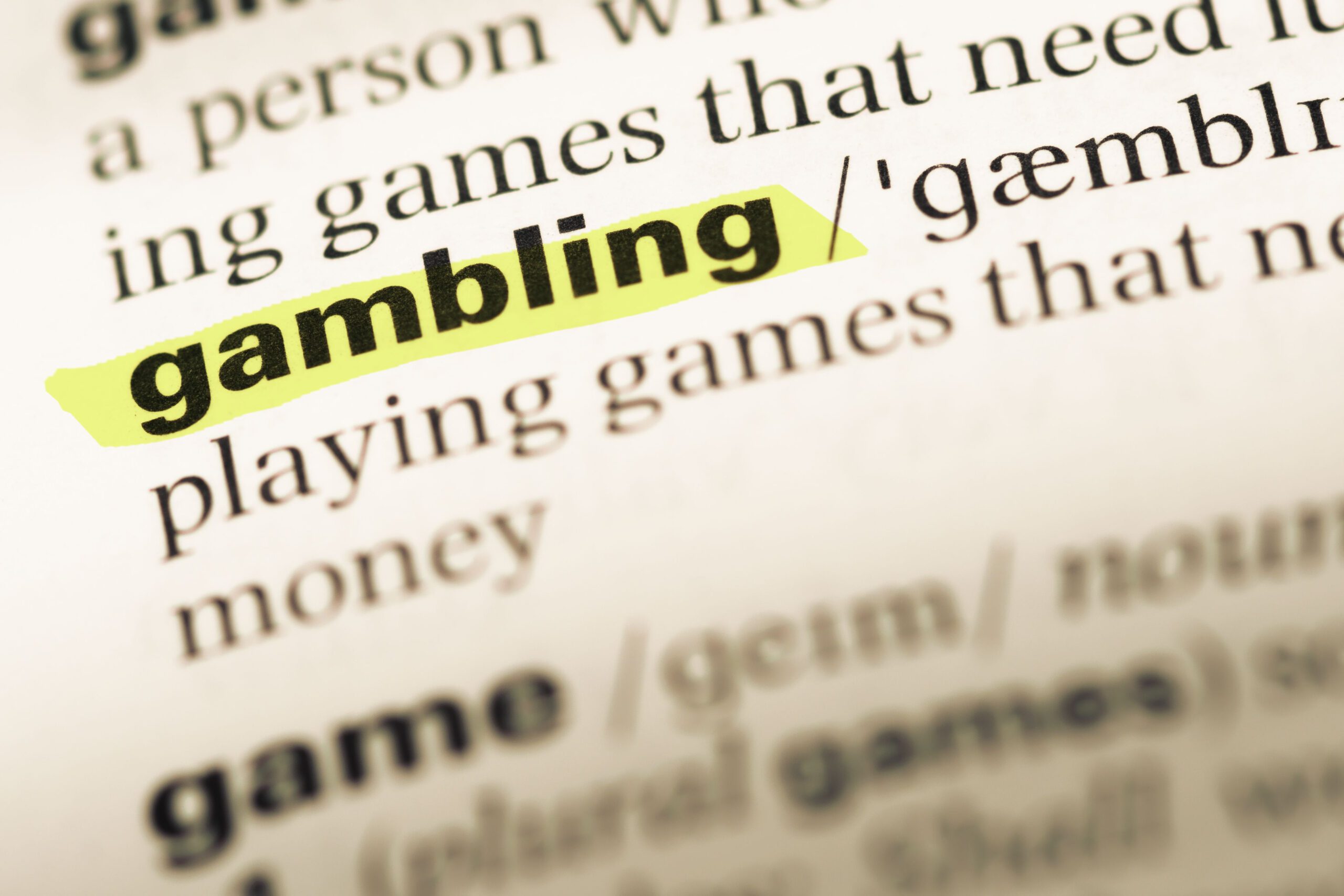Gambling has been a part of human culture since the beginning of recorded time, offering thrills, risks, and rewards that have drawn people from all walks of life, including those seeking entertainment or financial gain. However, what exactly constitutes gambling, and why is it essential to define? In this blog post, we delve into the basic definition of gambling and explore its various forms. By understanding the different types of gambling, we can also gain insight into its complexities and nuances.
Defining Gambling
At its core, gambling involves risking money or material valuables on an uncertain outcome, with the possibility of winning a prize or cash reward. This element of risk and uncertainty is a fundamental part of gambling. Whether it’s the roll of a dice, the spin of a roulette wheel, or the outcome of a horse race, gambling centers on the unpredictable nature of chance.
Gambling can include a wide range of activities, from classic games like poker and sports betting to newer forms such as online gambling, virtual casinos, and daily fantasy sports. Traditionally, gambling is an activity where someone risks money or belongings with an element of randomness or chance involved, and the purpose is to win.
In the past, gambling was commonly viewed as immoral and was largely illegal. People who gambled often had a bad reputation. However, today, more people are starting to see gambling as a form of recreation than at any other moment in history.
The types of gambling you might come across include:
- Lotteries and scratch-offs
- Number games like Lotto and Keno
- Sports betting and horse racing
- Poker and various card games
- Casino table games such as roulette and craps
- Bingo and slot machines
- Online gambling, including casinos and betting sites
- Daily fantasy sports
- Social gaming with virtual currency
- Betting on esports (video game competitions)
Defining gambling is essential for several reasons:
- Legal Regulations: Governments around the world have distinct laws and regulations concerning gambling. Defining what constitutes gambling helps lawmakers create effective regulations that protect consumers, maintain fairness, and prevent exploitation.
- Consumer Protection: Establishing a clear definition of gambling helps safeguard people from fraudulent or unscrupulous practices. It allows policy-makers to create responsible gambling measures to prevent addiction and financial ruin.
- Identify Harmful Gambling: While gambling is not inherently wrong or harmful, it involves risk factors that can lead to forming an addiction that can harm the individual, their family, and the community. A clear definition of gambling will help contextualize the potential harm based on frequency of exposure, cultural influence, social influence, biological and psychological influence, and unavailable gambling resources.
- Social and Economic Impact: Understanding gambling helps in assessing its economic contributions, such as job creation and tax revenue, which can influence public policy and community planning.
If a loved one engages in an activity defined as gambling and may have an addiction or participate in harmful behavior linked to gambling, reach out to The Gambling Clinic® in Tennessee. We can help.
Two Ways to Classify Gambling
Different types of gambling can fall under two categories:
- Legal gambling
- Illegal gambling
Legal Gambling
Legal gambling refers to organized, regulated, and legally sanctioned forms of gambling, including both traditional and online gambling options. Typically run by established businesses or entities designed explicitly for gambling. In legal gambling, individuals participate in games of chance or betting with the expectation of winning money or prizes provided by the establishment. Government regulations and oversight are designed to ensure fairness, transparency, and consumer protection.
Here are some common examples:
Casinos
Commercial casinos are perhaps the most well-known form of commercial gambling. They offer a wide range of games, including slot machines, card games (like poker and blackjack), roulette, and more. These casinos are often elaborate entertainment complexes with hotels, restaurants, and other amenities.
Lottery Tickets
Lotteries are government-run or licensed operations that allow people to purchase tickets for a chance to win cash prizes. Lottery drawings typically occur regularly, and the revenue generated from ticket sales often goes toward public services or special initiatives, like scholarships. This form of gambling is perhaps the most accessible.
Horse Racing
Betting on the outcome of horse races is a popular form of commercial gambling with a rich history. Horse racing tracks and off-track betting entities facilitate wagers on races, and the sport often includes various types of bets, such as predicting if a specific horse will win, place, or show. It can also include more complex bets like trifectas and superfectas, which involve picking the horse in first, second, third, and fourth place.
Sports Betting
In some regions, licensed operators offer and regulate sports betting, allowing people to legally bet on various sports events, like football, basketball, horse racing, and beyond. This includes gambling on outcomes of games, predicting scores, and specific events occurring during a game. Additionally, one can wager on parlays, which involves combining multiple bets across games and sports for a higher potential payout; however, all bets combined must win to receive the payout, significantly reducing the chances of winning.
Online Gambling
With all the technological advances, individuals can now gamble from the convenience of their phone or laptop. Online gambling includes all forms of gambling, such as online casinos, sports betting, virtual poker rooms, and more.
Legal gambling is regulated, with laws in place that strive for fairness, transparency, and consumer protection. A note of caution: legal gambling in commercial establishments, sometimes called commercial gambling, often has an unequal relationship between the gambler and the gambling operator. By definition, companies are classified as commercial gaming and entertainment providers when they generate profits from their gambling services. So, collectively, gamblers lose money to the gambling provider. However, revenue generated from commercial gambling activities will be taxed. So, legal gambling in commercial establishments may play a significant role in its local and state economies.
At-Home or Social Gambling
A subset of legal gambling is a type of gambling that typically occurs among friends, colleagues, or acquaintances in an informal setting.
It allows gamblers to compete against one another to win pooled money or material valuables. This type of gambling is mostly for recreation and entertainment. There are several names for this type of gambling, such as social gambling, private gambling, recreational gambling, or at-home gambling. Here are some examples:
Card Games and Home Games
Playing card games like poker, blackjack, spades, or bridge with friends or family in a home setting is a classic example of private gambling. Participants usually wager money or chips; the primary aim is enjoyment and social interaction. More examples include games of chance, like dice games, roulette, or bingo.
Sports Betting Among Friends
Friends or coworkers sometimes bet on the outcomes of sports events like football games or horse races within their social circle. These bets are often informal, small in scale, and meant for friendly competition.
Office Pools
In office environments, employees may organize betting pools for different events, such as predicting the winning Super Bowl team or guessing outcomes in reality TV shows. These pools typically involve several people contributing money. Then, the winner(s) receive the pooled funds.
Generally speaking, social gambling is legal or at least tolerated in many places as long as it stays within certain boundaries. It often lacks the formal regulation and oversight associated with commercial gambling.
Social gambling focuses on social interaction and entertainment value rather than making a profit. However, participants should still exercise responsible gambling practices to avoid excessive betting or gambling-related issues within their social circles.
Illegal Gambling
Illegal gambling refers to gambling activities that operate outside legal regulations and can include underground casinos, illegal online gambling websites, and unregulated betting rings. These activities are conducted without the proper licenses or permits required by authorities, and they often operate covertly or in hidden locations. Illegal gambling can take various forms and poses significant risks for the consumer.
Similar to commercial gambling, there is an unequal relationship between the gambling provider and the gamblers. Payouts and debt collection are not constrained nor regulated by the law and can take place through illegitimate avenues. These operations can be underground casinos or unregulated sports betting. Here are some examples:
Underground Casinos
Underground casinos, also known as illegal or clandestine casinos, are illicit gambling establishments that operate outside legal regulations and without the necessary licenses or permits. These gambling venues are typically hidden from authorities and are often associated with criminal activities.
Illegal Betting Rings
Some illegal gambling operations involve organized groups or networks that facilitate betting for activities, such as sports events, without legal authorization. These operations may offer odds and payouts that are not regulated or guaranteed.
Online Illegal Gambling
The internet has also provided a platform for illegal gambling. Unlicensed online casinos and betting websites operate without jurisdictional authorization, which can put players at risk of fraud and legal consequences.
Characteristics of Illegal Gambling
Always keep in mind that the legality of gambling greatly varies from one jurisdiction to the next. Any example of gambling under “Legal Gambling” in this article may be illegal where you live. To avoid illegal gambling, be familiar with local gambling laws and the establishment where you wish to gamble. Here are some key characteristics of illegal gambling:
Absence of Legal Authorization
Illegal gambling activities occur without the legal authorization or oversight typically required for lawful gambling operations. Therefore, they lack the necessary permits and approvals from government authorities.
Unregulated Operations
Unlike commercial gambling, illegal gambling operations are not subject to oversight. Government regulations and standards ensure fairness and consumer protection. So, lack of regulation can lead to unfair practices and potential exploitation of participants.
Clandestine Nature
Illegal gambling often occurs in hidden or secret locations to avoid detection by law enforcement. These locations can include underground casinos, makeshift gambling establishments, or even private homes.
Risk of Legal Consequences
Engaging in illegal gambling can expose participants to legal penalties, including fines and potential imprisonment, depending on local laws and regulations.
Further, it’s important to note that illegal gambling can have negative social and economic consequences, such as promoting criminal activities and undermining efforts to promote responsible gambling. Many governments and law enforcement agencies work to combat illegal gambling to protect consumers and maintain the integrity of legal gambling operations.
Individuals should be cautious and avoid participating in illegal gambling activities to prevent potential legal issues and ensure fair and safe gambling practices. Plus, in unlawful gambling, players may have limited recourse in disputes or fraud, as these operations typically avoid legal scrutiny.
Some argue that legalizing gambling can put illegal gambling providers out of business. However, no significant research has attempted to prove this true. It is possible that legal gambling may benefit illegal operators by exposing more people to gambling activities previously unavailable or unknown. However, that argument also lacks significant research.
What Type of Gambling Is Addictive?
Gambling addiction, also known as gambling disorder, is a serious mental health condition characterized by the inability to control one’s gambling behavior despite experiencing negative consequences.
No single form of gambling stands out as more addictive than the others, but fast-paced games like online slot machines, sports betting, and casino games are commonly associated with higher addiction rates. The risk of addiction can vary from person to person. For example, people can potentially experience problems due to all types of gambling, from the lottery, casino games (e.g., slot machines), sports gambling, and other forms.
Furthermore, there may be many reasons why individuals may develop a gambling addiction. When a person sees cues about a potentially pleasurable or rewarding activity, such as gambling, the brain releases dopamine that motivates engagement in that activity. In other words, it prompts people to place a bet. Winning big or experiencing a lot of excitement while gambling may lead to an additional dopamine release, further enhancing the motivation to act and repeatedly chase the positive feeling.
The unpredictability of winning may also be a contributing factor. That unpredictability can lead individuals to chase losses and experience cognitive distortions, such as believing that past losses increase the chances of future wins and that they can predict or control the game outcomes.
Lastly, gambling may provide individuals an escape from daily life stressors or provide social connections, which may also be a contributing factor. A common myth is that it is the brain chemistry that drives the addiction. In reality, the motivation and reward cycle in the brain is one element that, when combined with other physical and social factors, results in what we call an addiction.
It’s important to understand that not everyone who gambles will develop an addiction. A combination of factors—including psychological and environmental factors—is associated with forming a gambling addiction. Additionally, gambling frequency and intensity indicate that problems or harms might occur due to gambling.
If you or someone you know is struggling with a gambling problem, seeking help and support is essential. Many organizations and resources are available to assist and treat gambling addiction. Reach out to us at The Gambling Clinic® to find help and support available to people across all of Tennessee.
Conclusion
Overall, gambling encompasses a wide range of activities that fall under two categories: legal gambling, including regulated online and offline games, and illegal gambling, which poses risks to consumers. Defining different types of gambling is essential for legal regulations, consumer protection, and identifying harmful gambling. While legal gambling is closely regulated to ensure fairness and safety, illegal gambling carries potential risks and should be avoided. Understanding the different types of gambling can help individuals make informed and responsible decisions about their participation while staying within the bounds of the law.
Find more information about gambling and treatment for gambling addiction at The Gambling Clinic® in Tennessee, with offices located in Nashville, Memphis, and Johnson City. We also offer telehealth sessions for anyone living in Tennessee, making it easier for individuals across the state to access support and treatment.








